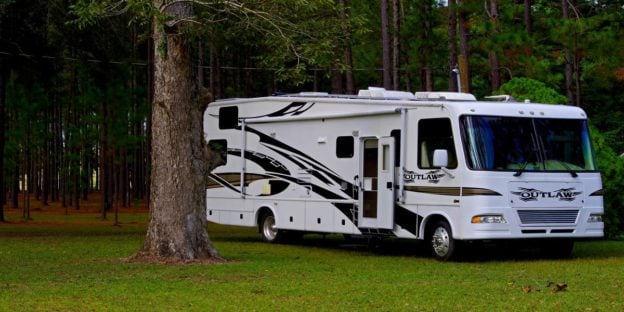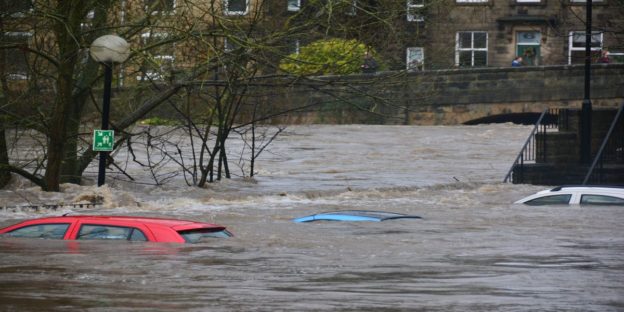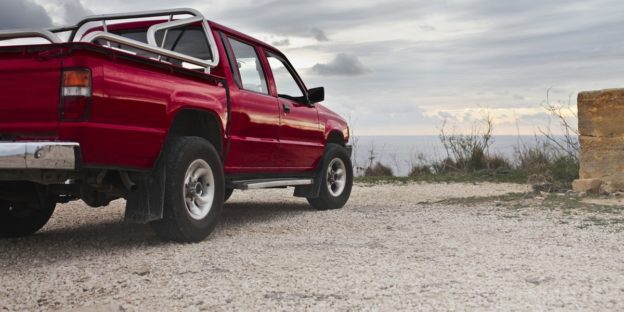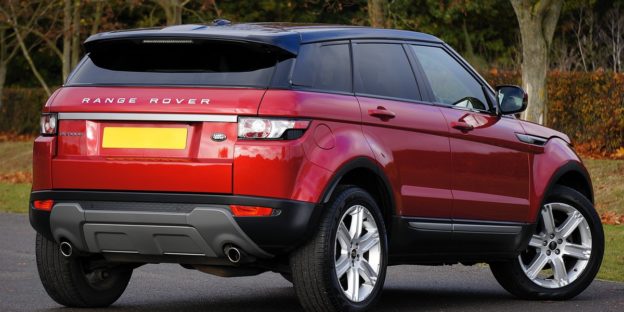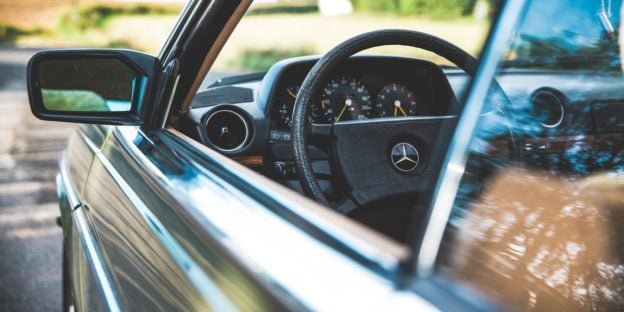If you’re interested in buying a repo car or truck, you can learn a lot of information from the VIN (Vehicle Identification Number). A VIN is a unique code given to every vehicle when it’s manufactured. It contains 17 letters and numbers that can be found on the vehicle’s dashboard on the driver’s side. The numbers may seem random, but each section gives information on the vehicle’s origin.
Here at RepoFinder, we always remind car shoppers to inspect the vehicles they plan on purchasing. There are many great repos out there, but you have to do your research! The VIN is a good place to start. You can use this free tool from the National Highway Traffic Safety Administration to check if the car is subject to a recall.
Breaking Down a VIN
VIN information is organized into groups. By looking at each section, you can get a lot of information on a vehicle. For detailed charts breaking down the meaning of each digit and letter, visit driving-tests.org.
- First letter or digit. The first letter identifies the country of origin. For example, cars made in the U.S. start with a 1, 4 or 5, whereas cars made in Canada begin with a 2. Letters may also be used to indicate a country, as is the case with England (“S”), Germany (“W”) and South Korea (“K”).
- Second letter. The next letter tells you about the manufacturer. In some cases, the letter stands for the manufacturer’s name – “A” for Audi, “B” for BMW and “G” for General Motors. However, this isn’t always consistent because the letter “A” can also refer to Jaguar or Mitsubishi.
- Third digit. The third number, when combined with the first two letters and numbers, tells you the vehicle’s type.
- Numbers 4-9. The next set of numbers describes the vehicle’s model, body type, restraint system, transmission type and engine code.
- Number 9. This number is the check digit, which is used to detect invalid VINs.
- Numbers 10-17. The next group of numbers indicates the vehicle identifier section. For example, Number 10 is the model year, Number 11 is the manufacturing plant and the last six numbers are the production sequence numbers.
VIN Checks are Free
Now that you have the basics on what a VIN stands for, you can get to work checking the VINs of the repos you’re looking at. You can run a VIN check for free, but this will only provide you with basic information on the car. We still recommend talking to the bank or credit union that has possession of the vehicle and doing a thorough inspection. For a full list of bank repos in your area, visit RepoFinder.com.



